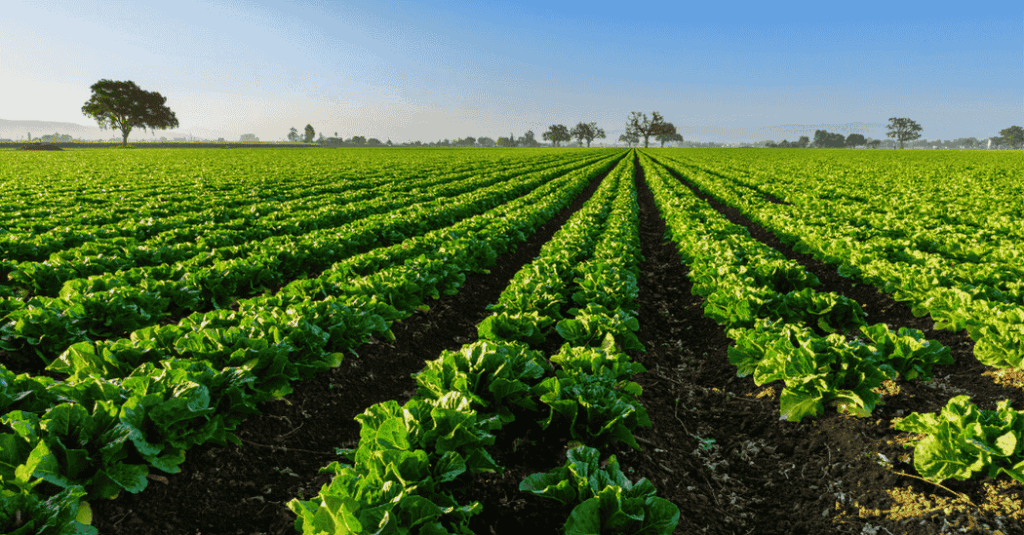
Agriculture’s pivotal role in the global economy necessitates that educators furnish students with a comprehensive understanding of evolving agricultural technology, stated DC Kumara. He made these remarks at the opening of a two-day faculty training initiative for newly appointed assistant professors, hosted at VC Farm on Wednesday.
Kumara congratulated the newly formed Mandya University of Agricultural Sciences, expressing his optimism that such capacity-building programmes for newly recruited faculty and staff would serve as invaluable platforms for enhancing knowledge and fostering professional development. The education provided will prepare them for the challenges ahead.
He underscored the increasing influence of agricultural scientists in elevating Indian agriculture on the global stage, achieved through the integration of modern, cutting-edge technologies. He further added that these faculty training programmes offer more than just learning; they serve as sources of inspiration for those involved.
DC Kumara also addressed the ethical dimensions of agricultural technology, emphasising the need for responsible innovation. He cautioned against the uncritical adoption of new technologies without considering their potential social and environmental impacts. The rush to embrace agricultural technology should not overshadow considerations of fairness, equity, and sustainability.
He stressed the importance of integrating ethics into the agricultural education curriculum. Future agricultural scientists must be equipped not only with technical skills but also with a strong moral compass to guide their decisions. This includes understanding the potential consequences of their work on smallholder farmers, consumers, and the environment. Faculty training programmes, such as the one being inaugurated, play a crucial role in fostering this ethical awareness.
Kumara highlighted the potential for agricultural technology to exacerbate existing inequalities if not implemented thoughtfully. For example, access to advanced technologies might be limited to larger farms, further marginalising small-scale producers. He urged the faculty to encourage students to consider these issues critically and to develop solutions that promote inclusive and sustainable agricultural development. A balanced approach is key to ensure the responsible use of agricultural technology.
Looking ahead, DC envisioned a future where farming is increasingly driven by data and precision. He spoke of the potential for sensors, drones, and artificial intelligence to optimise resource use, improve crop yields, and reduce environmental impact. These advancements, however, require a skilled workforce capable of harnessing their power effectively.
He emphasised the critical role of education in preparing the next generation of farmers and agricultural professionals for this technological revolution. The curriculum needs to evolve to incorporate training in data analysis, remote sensing, and other emerging technologies. Furthermore, faculty training programmes are essential to equip educators with the knowledge and skills needed to deliver this cutting-edge education.
Kumara also highlighted the importance of fostering innovation and entrepreneurship in the agricultural sector. He encouraged the newly appointed faculty to inspire their students to develop new technologies and business models that address the challenges facing Indian agriculture. This includes promoting sustainable farming practices, improving market access for smallholder farmers, and reducing food waste. The future of farming hinges on embracing agricultural technology while upholding strong ethical principles to ensure inclusive development.